Traditional education seems to be a touchy topic these days. I know a lot of people are “going alternative” now when it comes to education. I don’t believe this is a bad thing. Homeschooling, unschooling, learning by doing – these are all valuable educational tools.
I didn’t come from an impoverished background. We weren’t poor & we weren’t rich. Please be aware that I am writing this from this point of view – because that is the point of view that informed my education and the opportunities that were available to me.
When I was in high school I remember thinking how useless most of the classes were. I still think they were largely useless. I finished high school in 2002 and I don’t really know what I learned there that I have used since. But there was one subject I loved in year 11 & 12 – Legal Studies. It turns out it wasn’t the subject matter I cared about, but the fact that the class wasn’t just about reguritating a textbook. We had to apply analysis to everything! Everyone did really badly on the first major piece of assessment because no one knew how to analyse, only regurgitate information. But, as my teacher said, everyone tends to start out with a bad mark, then they learn to analyse and get better grades. Skills learned.
Fast forward to university. Getting a degree in Anthropology is one the the best things I have ever done:
- I have written so many essays in my life that contemplating an eBook is not intimidating. I know how to outline, research and fill my page with the right words.
- I can take notes in my sleep. Highly useful at conferences. Highly useful to make comments when following conferences on twitter.
- I can write (and have written) pretty much any form of professional correspondence possible.
- I have no fear of tackling my goals because I have complete confidence that I can learn whatever I need to know to get something done. I know how to assess research leads for value and track down the information I need.
Would I be where I am today if I hadn’t had a traditional education? I don’t think so. See, where I believe most people fail is not realising the value in skills. I came across this article the other day on twitter, which goes into some detail about how you need a range of skills to succeed in business.
I understand that the funding model of education in America sort of forces you to get a job straight away to pay back the student loans, and I wonder if this is why I read most of the anti-traditional education sentiment from American websites. But we’re lucky in Australia. The overall cost of going to uni is fairly low here, and there is no pressure to get a job ASAP to pay back a loan, since it’s administered through the tax system.
So are people taking advantage of the fact we have relatively cheap and easy to access education? Are people looking at the traditionally defined outcomes of a degree, or how it will develop their skills? What about how those skills will enrich other aspects of their life?
Tell me about your education. Was it traditional, off-the-wall, a mix, or in-between?
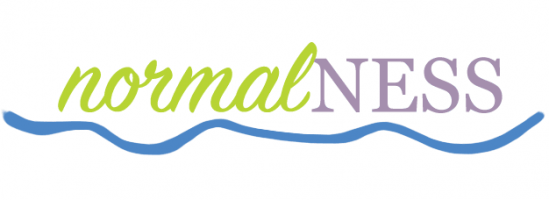
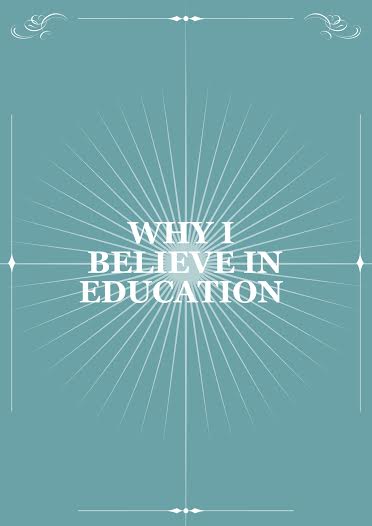


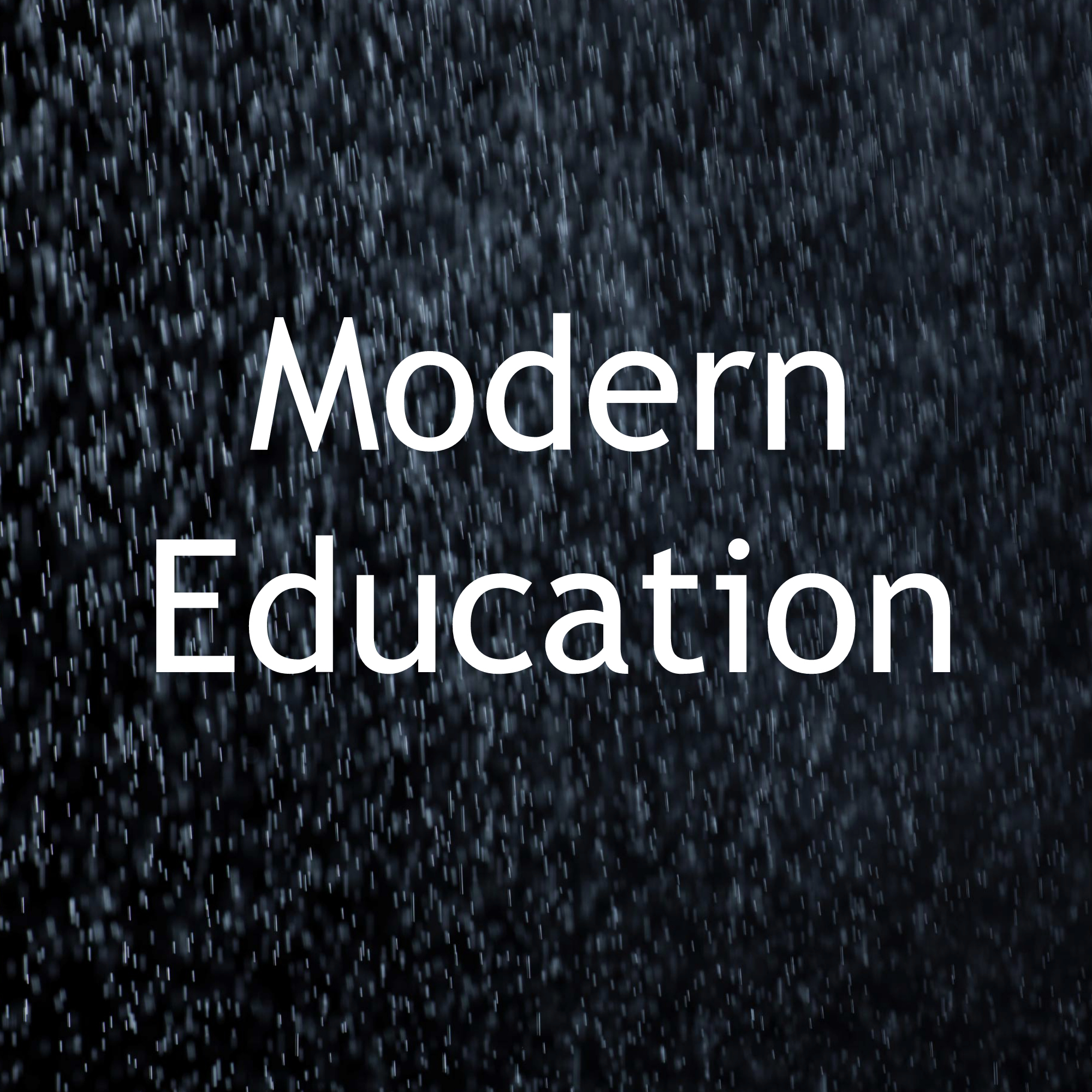
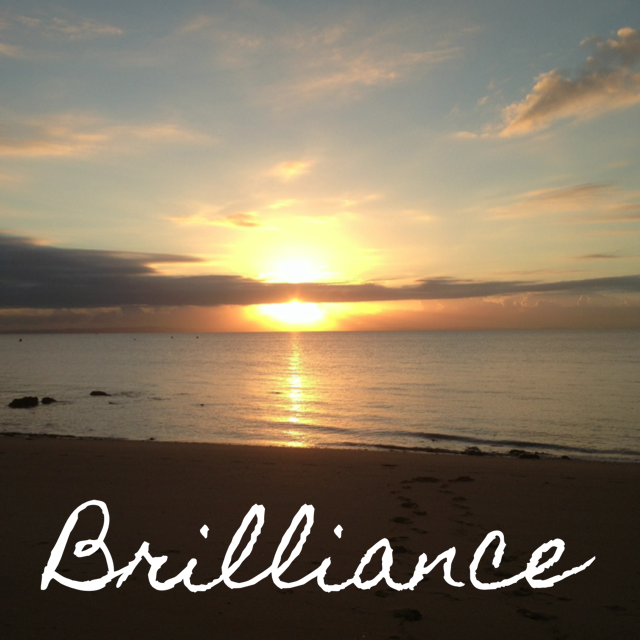
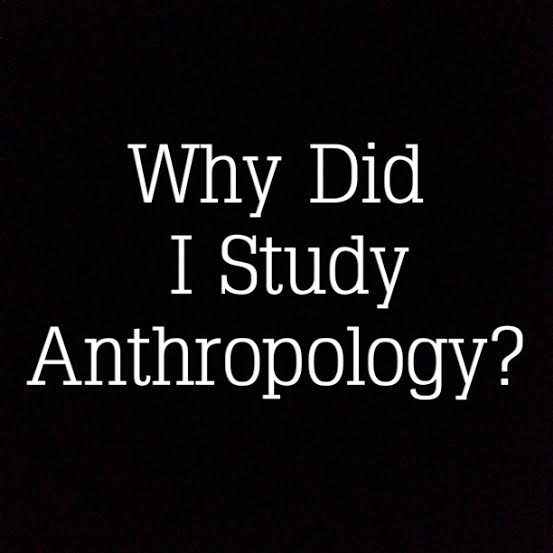
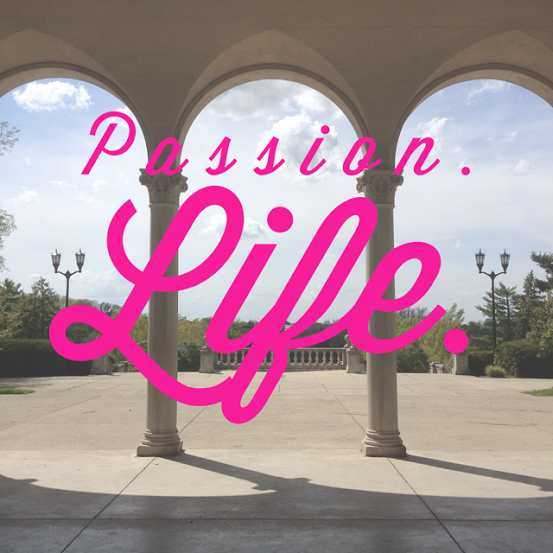
My education was public, even though both my parents were privately educated at posh schools. I guess they believed the cost wasn’t worth it, because public is just as good? I must ask them.
Anyway, I did a degree in Anthropology too! (And also finance) Like you, it taught me how to actually LEARN and apply critical thinking, analyse and actually make my own conclusions. This was a challenge for me because I had gotten by I’m high school just memorising and regurgitating for the most part.
I billed my double degree to HECS. I’m still paying it off. Was it worth it? Probably. I certainly don’t think a degree is a waste, but it’s not for everyone. I passionately believe in tertiary education though – our TAFEs are amazing places of learning now. My husband recently became a qualified mechanic just by getting recognition of prior learning and doing a few modules.
Anyways, enough rambling , great post 🙂
I went to a mix of private & public schools, depending on where we were living. The public schools were usually better! I never knew you also studied anthropology – wow small world 🙂 I’m also still paying off my degree via HECS but I think it was so worth it. In fact, I’m getting very restless about not having studied in a few years & hoping to start a research Masters this year (as soon as I can work out how to support myself through it).
I’m in two minds about this…
I went through the Opportunity Class system here in NSW where gifted children are streamed together at the end of Primary School – I will admit that this helped me in my early years of High School, but by the end of High School I had developed a huge case of “didn’t give a fuck” and completely tanked my HSC.
I was just completely over school by the time I got to year 12. I was tired of all the repetition and useless work I was being forced to do. Honestly, I think if I had sat the HSC in year 8, I would have got a much better result than I did in year 12 – I just found years 9 to 12 irrelevant and dull. (And, no, that’s not the fault of the teachers I had – I had some great teachers – I just had TOO MUCH school…)
I did somehow manage to get into Uni, but I hated what I was studying (science teaching) and I still couldn’t shake my problem with structured learning. I hates it, my precious, hates it. There’s something about my personalty that doesn’t cope with structured learning. I get bored and impatient. It tales too long for me, because I learn quickly – plus I hate exams and assessments of any kind, because I don’t like being judged.
I learn much better in unstructured environments – I’ve heard the term “feral learning” used sometimes. I learn much better when I’m left alone to discover things in my own way, and at a speed that suits me, without some artificial assessment at the end. It’s how I’ve ended up in some pretty good jobs in my life, without having any formal qualifications – I’m good at learning what I need to learn when I need do.
Now, I know not everyone is like me – and many people love and cope with structured learning. And there are some things that really do require structured learning – medicine for example – but I think we need alternatives to the more formal aspects of structured learning that dominate eduction in Australia for people like me to fit into.
There is certainly a lot of value in unstructured learning – and when you think about it in a historical context, that’s how most learning worked! Society hasn’t crumbled all that much when people fall outside the current educational system.
I think schools would have a better chance of retaining students if they offered more flexible learning – kids who want to work should be able to work & study; things like that.
I think I’m lucky that I was able to balance my views on education between dealing with a graded, structured environment & being able to enjoy learning for learning. I didn’t really care all that much what my grades were, so long as they were enough for me to keep studying – and learning.
Such an interesting post and one I can totally relate to!
I did my primary schooling in Oman and high school and undergrad in India. The system in India emphasises learning by rote and regurgitating it in exams. That’s it. And that’s even at undergrad. Basically, people who do well are those who have good memories and can write quickly. English was probably the only subject where you had to use creativity and well, your brains and was the only subject I enjoyed in high school and did well at. I was lucky to go to a college that tried some extension work where we had to analyse a few things and do small research projects. I majored in Psychology and enjoyed most of it particularly the projects that we did. Having said that, I still didn’t do well in my B. A. because the ultimate outcome was based on exams and I get very anxious during exams! {One of my other subjects in my first and second years was Anthropology by the way….:)}
On coming to Australia for postgrad uni I was amazed at how different things were and how much more I enjoyed it. I learnt so many more skills including public speaking and critical thinking. But I also learnt to apply psychology. And because exams only were part of the final mark, I actually did really well here with essays and presentations and reports.
I wish our education system in schools didn’t place so much emphasis on exams…working with kids now I notice just how stressed they get during the HSC (and can totally empathise) and I try to tell them it’s not the end of the world and marks don’t matter…but sadly, in order to get into uni, you do need a decent ATAR! There are others who lose motivation early in high school and sometimes it’s trying to get them to see how some of the skills may apply in later life even though the calculus or geometry they are doing might have nothing to do with their passion of designing.
Great post Vanessa!
Thanks! I also think exams are over represented in schools – especially HSC type exams. Only useful for about 30 minutes of your life, when someone is looking at your uni application.
As a teacher I think there is much merit in the saying
‘ Give a person a fish and they will eat for a week ,
Teach them to fish and they will feed themselves and others for a lifetime’
The ‘fish’ in education is learning. In my opinion far too much emphasis is placed on achievement of results as measured by a standardised test. I guess that’s because we as society try to measure output of a product. But the product here is far from standardised. We aren’t producing goods we are developing humans to be the best they can be. Education is not just for a career, its for personal growth and enjoyment. I have uni degrees that are necesary for my career but the most enjoyable educational experience was for a community college course in conversational Italian which I completed for sheer fun. I have never been to Italy to use it and don’t have friends to converse with it but I had so much fun at my lessons 🙂
Yes exactly. Education for the sake of education is equally or more important than education for the sake of a grade.
I definitely think that education is an important thing and have been on both sides of the table. To be honest, I don’t really remember a whole lot about high school and the type of learning that we did, although I know that I use very little of it now. I have a BSc majoring in biomedical sciences and I do remember being quite put out in my first years of uni that I struggled to get good grades because I wasn’t able to rote learn as well as other students, yet I understood the material better than many of the people getting higher grades. But then as our subjects progressed we needed to do more thinking and analysis and application of knowledge in assignments and exams, and then our grades switched over and I did well while the rote learners scraped by. After continuing on and doing my PhD, I became an academic and taught neuroscience to undergraduate students. It always frustrated me about how difficult it was to assess students on their understanding, but we were encouraged more to assess them on basic knowledge. This was for the simple reason that it takes less time to mark straight answer questions and assignments, but more time to mark the pieces of work that show understanding, and time was a luxury. These days, you pretty much need to do further studies such as Honours, PhD or other postgrad studies to actually learn how to think properly and apply knowledge, and that is a real shame.
I often get frustrated with friends who have the same level of qualification as me, but don’t seem to have the same analysis skills. Then I realise I’m probably the odd one out, having actually learned these skills at undergrad level. From a more trivial perspective, I guess that’s also why I never understood what an expensive pain textbooks are – doesn’t everyone just use journal articles? 🙂
I’m looking to returning to study this year (after attempting a Masters a few years ago and getting bored with it) and I was struggling to find a coursework degree that really covered anything I liked. Thankfully after contacting a few course coordinators at a few uni’s I’ve been given a bit of advice and the only way it seems I can cover what I want is with a research Masters (possibly PhD).